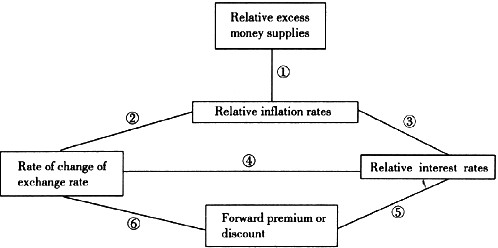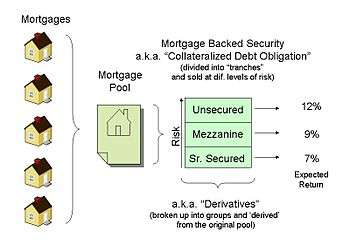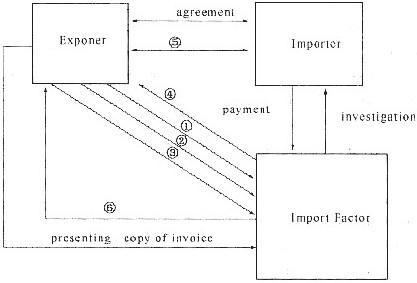Understanding the Impact of Bankruptcy on Mortgage Loans: A Comprehensive Guide
#### Bankruptcy and Mortgage LoansWhen individuals face overwhelming financial challenges, they may consider filing for bankruptcy as a means to regain cont……
#### Bankruptcy and Mortgage Loans
When individuals face overwhelming financial challenges, they may consider filing for bankruptcy as a means to regain control of their finances. This decision can significantly affect various aspects of their financial life, particularly mortgage loans. Understanding the interplay between bankruptcy and mortgage loans is crucial for anyone navigating these turbulent waters.
#### What is Bankruptcy?
Bankruptcy is a legal process that allows individuals or businesses to eliminate or repay their debts under the protection of the federal bankruptcy court. It provides a fresh start for those who cannot meet their financial obligations. There are different types of bankruptcy, with Chapter 7 and Chapter 13 being the most common for individuals. Chapter 7 involves liquidating assets to pay off debts, while Chapter 13 allows individuals to create a repayment plan to pay off debts over a period of time.
#### How Bankruptcy Affects Mortgage Loans
Filing for bankruptcy can have profound implications for mortgage loans. Here are some key points to consider:

1. **Impact on Credit Score**: One of the most immediate effects of bankruptcy is a significant drop in credit score, which can make it challenging to secure a new mortgage loan or refinance an existing one. A lower credit score indicates to lenders that the borrower is a higher risk, leading to higher interest rates or denial of credit altogether.
2. **Automatic Stay**: When a bankruptcy petition is filed, an automatic stay is put in place, halting all collection activities, including foreclosure proceedings. This can provide temporary relief for homeowners struggling to keep up with their mortgage loans.
3. **Reaffirmation of Debt**: In some cases, individuals may choose to reaffirm their mortgage loans during bankruptcy, meaning they agree to continue paying the loan despite the bankruptcy filing. This can help them keep their home, but it also means they remain liable for the debt.
4. **Discharge of Debt**: Depending on the type of bankruptcy filed, some debts may be discharged, which can free up income for making mortgage loan payments. However, secured debts like mortgage loans are typically not discharged, meaning the homeowner must continue making payments to avoid foreclosure.
5. **Waiting Period for New Loans**: After a bankruptcy discharge, there is often a waiting period before individuals can qualify for a new mortgage loan. This period can vary based on the type of bankruptcy filed and the lender’s policies, typically ranging from two to four years.

#### Strategies for Managing Mortgage Loans After Bankruptcy
For those who have filed for bankruptcy and are concerned about their mortgage loans, there are several strategies to consider:
- **Budgeting**: Creating a realistic budget can help manage expenses and ensure that mortgage loans are prioritized in monthly payments.
- **Seek Professional Help**: Consulting with a financial advisor or credit counselor can provide personalized strategies for improving financial health post-bankruptcy.
- **Rebuilding Credit**: After bankruptcy, it’s essential to take steps to rebuild credit, such as obtaining a secured credit card or making timely payments on existing debts.

- **Stay Informed**: Understanding the terms of the mortgage loan and any changes that may occur post-bankruptcy can help homeowners make informed decisions.
In conclusion, the relationship between bankruptcy and mortgage loans is complex and requires careful navigation. While bankruptcy can provide relief from overwhelming debt, it also presents challenges, particularly concerning homeownership. By understanding these dynamics and employing effective strategies, individuals can work towards financial recovery and stability.